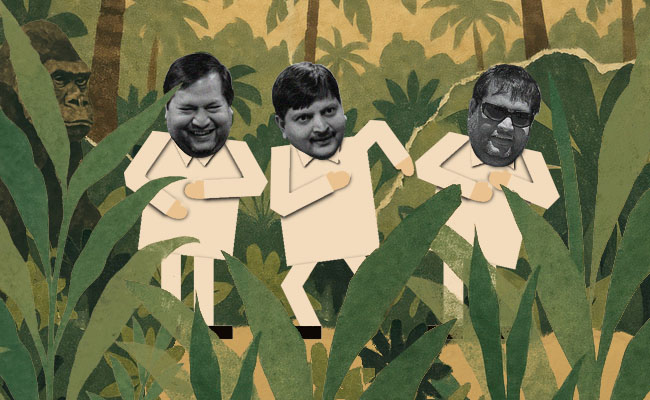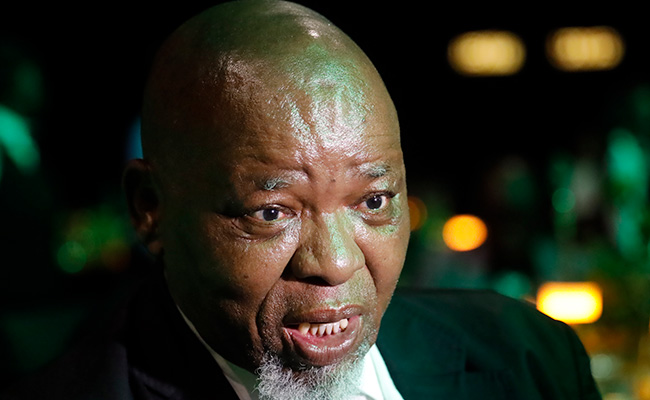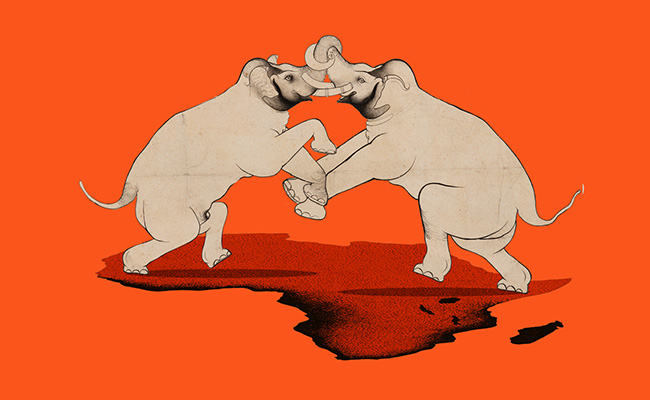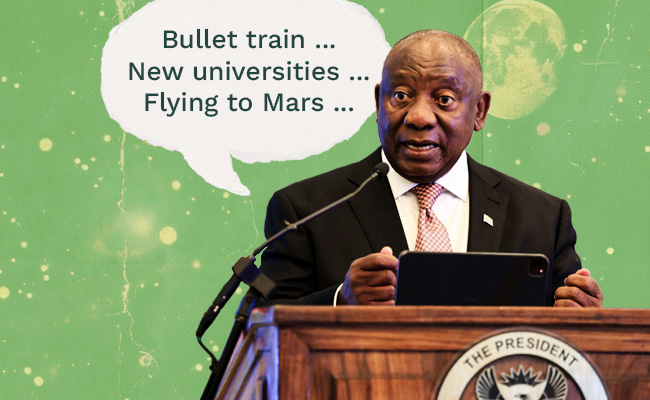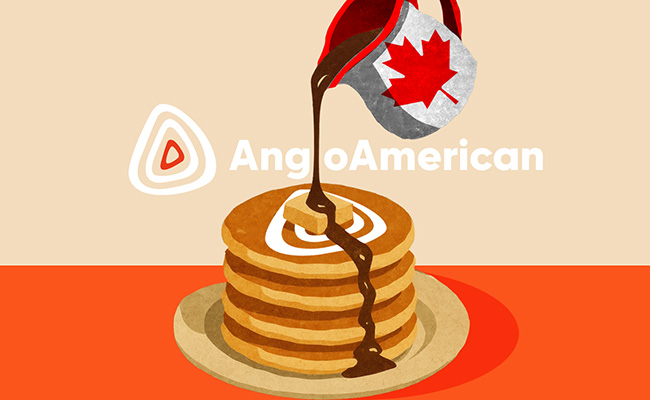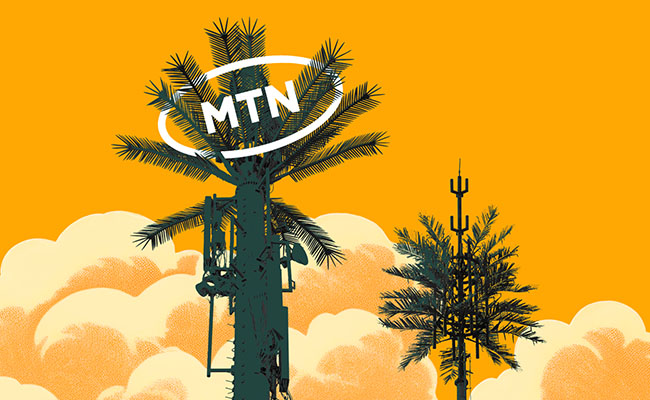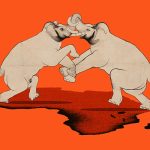Atul and Rajesh Gupta, the brothers accused of masterminding South Africa’s state capture, have secured asylum in the Central African Republic (CAR) – effectively shielding them from extradition. Their refuge in Bangui turns Interpol’s red notice system, designed to halt fugitives at borders, into a paper net: the Guptas’ names circulate worldwide, yet they now move as protected persons under international law.
During Jacob Zuma’s presidency, the Guptas sat at the apex of power. The Zondo commission later detailed how ministers were appointed at their request, billions were allegedly funnelled their way, and state-owned enterprises were re-engineered to serve their interests. This was not corruption at the margins but the wholesale capture of the state.
When the reckoning came, the brothers fled to Dubai. South Africa issued arrest warrants; Interpol followed with red notices on Pretoria’s behalf – alerts sent across nearly 200 countries. But a red notice is not a warrant. Each state decides whether to act. In the United Arab Emirates (UAE), courts refused extradition, citing flaws in South Africa’s paperwork. The brothers needed more than luck. They found it in the CAR.
According to a leaked document sent by the Guptas to Interpol and obtained by Currency, the Guptas petitioned CAR authorities for asylum, recasting themselves as victims rather than profiteers. They invoked the 1951 Refugee Convention, claiming “well-founded fear” of persecution. South Africa’s criminal charges, they argued, were political reprisals for their supposed “intolerant views” of authority.
Their filings stressed that “the entire asylum procedure is confidential”, noting that both brothers had signed warnings about the consequences of disclosure. This secrecy was not incidental; it was a deliberate strategy. By wrapping their status in confidentiality provisions, the Guptas ensured that the single most important document in their flight from justice – the refugee certificate – could not be easily tested or challenged.
CAR’s ministry of the interior and the South African presidency did not respond to questions from Currency. London law firm Peters & Peters, which represented the Guptas before Interpol, didn’t respond to requests for comment. Interpol said it does not discuss individual cases. The Guptas could not be reached.
Law as refuge
Under international law, no state may refoul – expel or extradite – a recognised refugee to a country where they risk torture or inhumane treatment. Interpol’s own rules contain similar safeguards, requiring it to respect human rights while enforcing strict political neutrality.
By presenting South Africa’s prosecutions as political persecution, the Guptas turned these neutrality clauses into armour. While an independent body within Interpol – the Commission for the Control of Interpol’s Files – can examine whether red notices conflict with asylum status, it cannot rule on the corruption charges themselves. Enforcement ultimately depends on member states.
In practice, this means the Guptas’ names still flash on border control screens, but in Bangui, they are untouchable.
The choice of CAR was deliberate. The UAE, where the brothers had lived, is not party to the Refugee Convention. CAR is. Its asylum laws seal case files and bar disclosure. Applicants are explicitly warned not to release documents. Confidentiality was a feature, not a flaw.
The nation, long beset by coups, conflict and foreign interference since independence from France in 1960, has endured chronic instability, from the brutal rule of Jean-Bédel Bokassa to repeated military takeovers. Today, President Faustin-Archange Touadéra’s government clings to power with the backing of Russian-linked Wagner mercenaries, while rebel groups continue to hold swathes of territory.
The leaked documents suggest that the brothers’ petitions were stitched together from WhatsApp clippings, social media posts, and unverified material. They conceded that some may not be authentic, yet submitted them anyway. Still, in CAR’s fragile institutions, where checks are limited and human rights abuses are documented by the UN and NGOs alike, the Guptas’ claims found little resistance.
Interpol’s red notices are designed to track criminals across borders. But the Guptas exploited the very clauses designed to protect dissidents. What was intended to protect the persecuted has become a cover for oligarchs. Law as refuge; law as weapon.
Even their use of legal counsel shows calculation. Peters & Peters, according to the correspondence seen by Currency, “only knew about the Refugee Status itself and did not know all the details related to the asylum procedure”. This firewall was deliberate: it allowed the Guptas to use a respected firm for credibility before Interpol, while keeping the sensitive details of their asylum narrative sealed in the landlocked African nation.
The split was tactical, allowing the brothers to retain control over what truly mattered. By speaking for themselves in asylum hearings, they avoided making stray disclosures that could later be used against them in foreign courts.
State capture stasis
For South Africa, the impact is paralysis. Billions looted during state capture remain unaccounted for and unrecovered. Criminal cases languish. Diplomatic channels with the CAR exist, but refugee protections take precedence over cordial ties. Pretoria cannot access sealed asylum records; even Interpol cannot compel disclosure.
The department of justice and constitutional development has acknowledged that asylum complicates its pursuit of the brothers. Under international law, CAR cannot extradite refugees to the state they fled.
The Guptas themselves emphasised their African roots in filings, noting they remained “comfortable with the African continent” and that the family continued to reside there. Refuge in CAR provided both legal armour and geographical proximity.
The effect is that South Africa’s most wanted fugitives live under international protection, unless the government strengthens its extradition diplomacy and prepares watertight cases. Between the Guptas’ narrative of political vendetta and Pretoria’s evidence of systemic plunder lies a void vast enough to bury justice.
Top image: Ajay and Atul Gupta (Gallo Images/City Press/Muntu Vilakazi); Rajesh Gupta (Gallo Images/Sunday Times/Kevin Sutherland); Rawpixel/Currency collage.
Sign up to Currency’s weekly newsletters to receive your own bulletin of weekday news and weekend treats. Register here.



